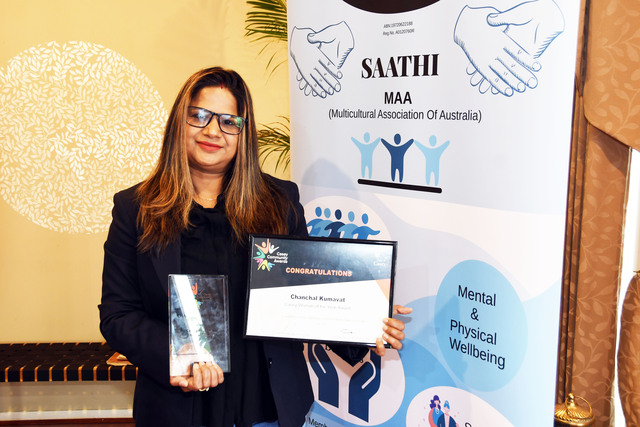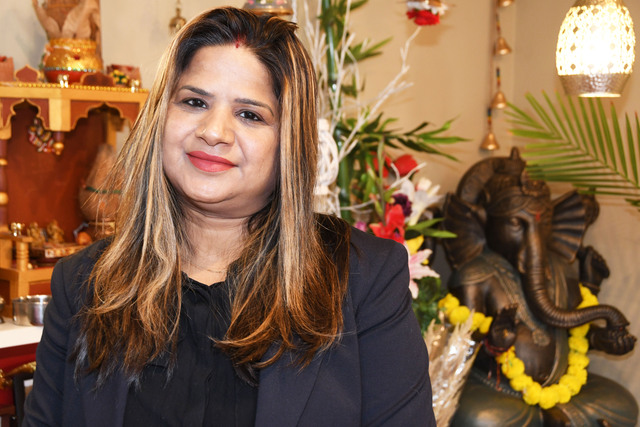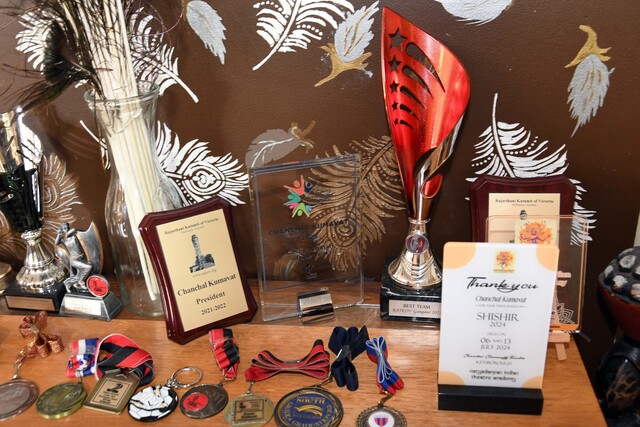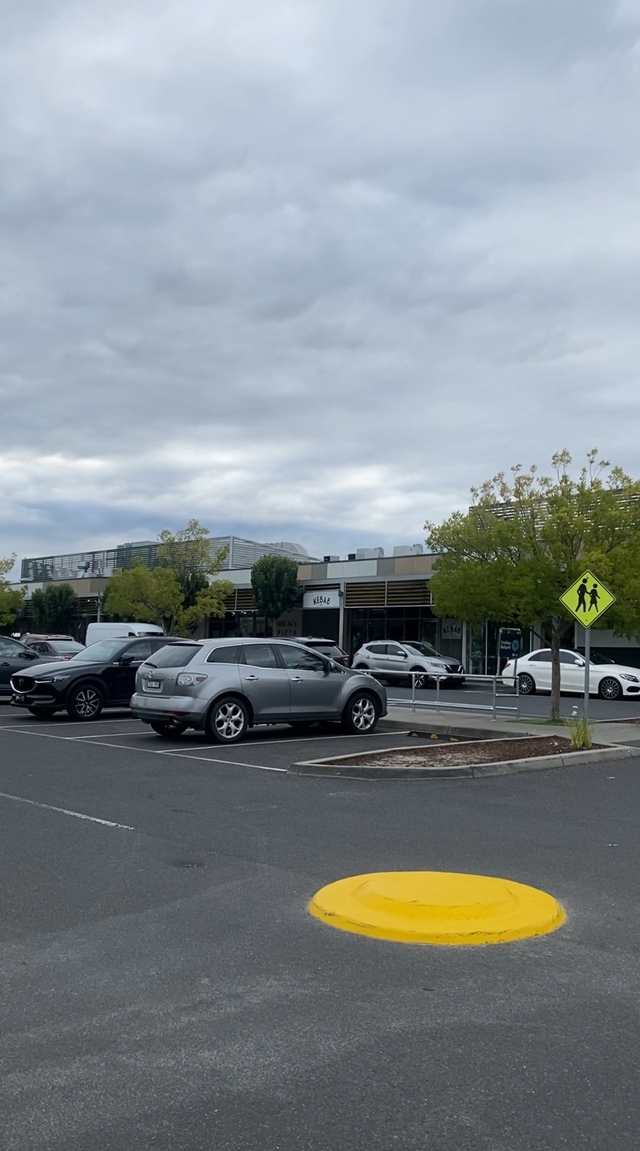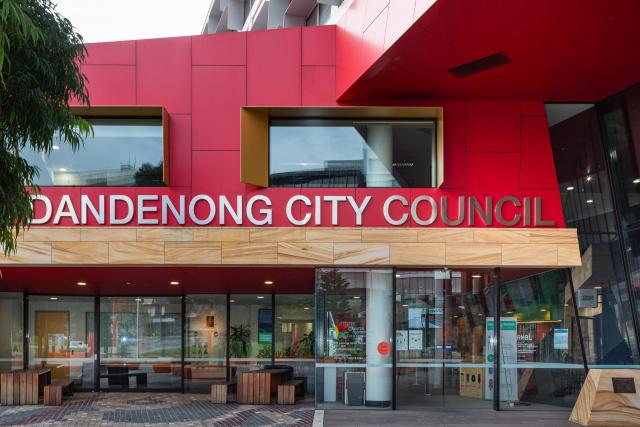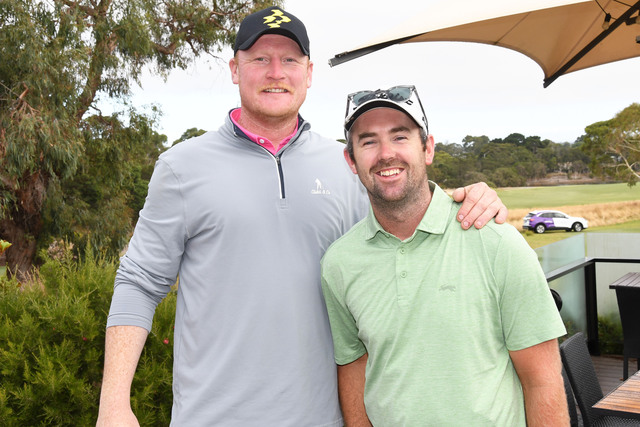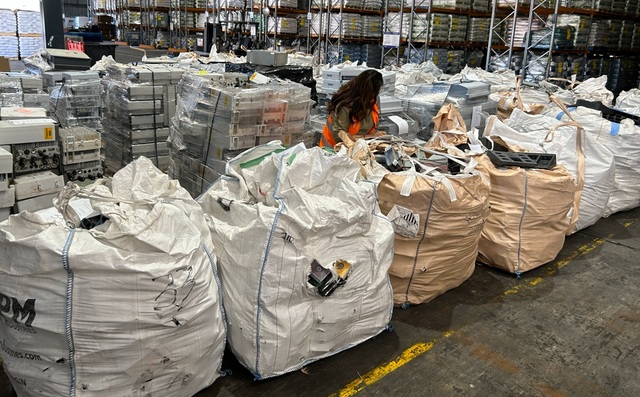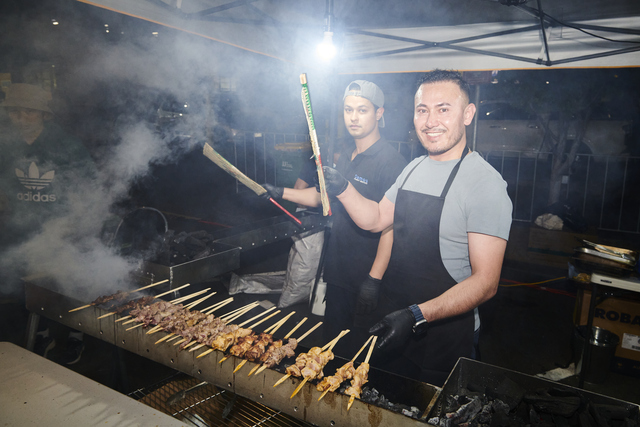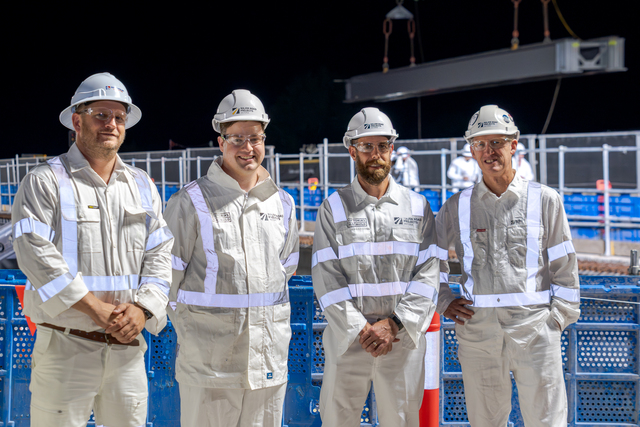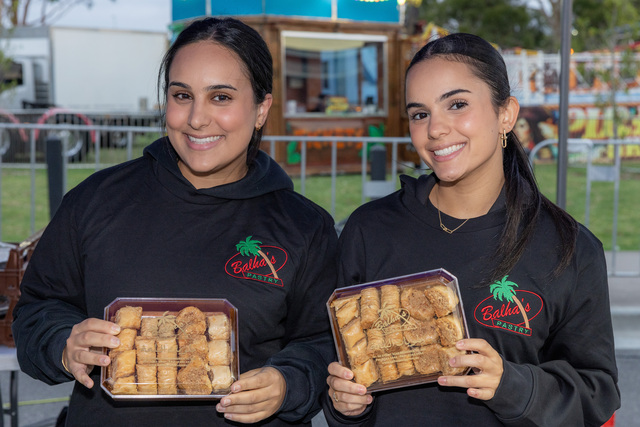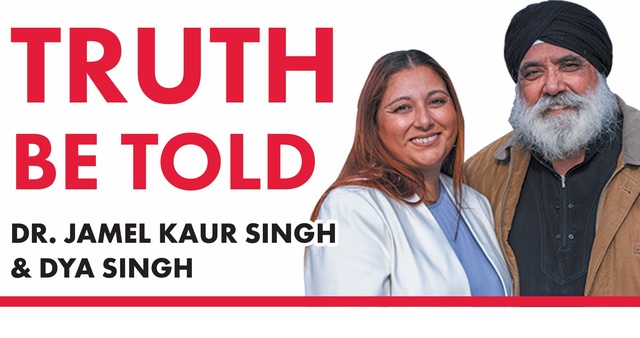Chanchal Kumavat, founder and director of the local community organisation Saati MAA, was awarded the 2025 Casey Woman of the Year.
The nomination statement describes her as “a vibrant community leader” whose “dedication to social change” has uplifted thousands and earned multiple awards for volunteerism and empowerment — a fitting tribute to her impact.
Saati, a Hindi word that means “companion”, reflects everything Chanchal wants to give back to her community: support, connection, and socialisation.
MAA stands for Multicultural Association of Australia, but also means “mother” in Hindi, symbolising Chanchal’s beautiful wish to nurture her community and get people come out of the negativity and the unwanted situations.
Initially, the organisation only helped women in need, but after almost a decade of operation, Chanchal realised it was not just about the women. It’s more about the human beings. Now, the organisation has extended its helping hands to men as well. The door opens wide to anyone, no matter age, gender, or culture.
The organisation gives platforms to newcomers, single mothers, domestic violence victims, budding entrepreneurs, and those in need. The first step is always to build trust, then Chanchal and her teams work on resolving the problems pragmatically, doing everything they can to help people stand on their own feet, from finding a shared house to securing a job opportunity.
In addition to offering individualised help, the organisation holds regular get-togethers, including food and tea parties, mental and physical well-being lectures, speaker sessions, senior citizen programs, and camping trips.
Every component of the organisation hides Chanchal’s lifelong philosophies.
Originally from India, Chanchal came to Australia almost 15 years ago. Before going down under, she lived in the UK for three years and in America for five years. Stepping onto Australia and walking around the neighbourhood, she knew immediately this was the place she wanted to be, a gut feeling.
“I love Australia because it’s cosmopolitan. It gives opportunities to all the communities in the same way, like India. There are always so many religions in India, so many communities. Australia is like one of those,” Chanchal said.
“That’s why I thought, okay, we have to make this home.
“But we have to be healthy.”
By healthy, Chanchal meant both physically and mentally. Having lived overseas for almost a decade, she understood the difficulties facing the migrant communities: food, culture, faith, and socialisation.
While food and faith have found footing, socialisation and cultural belonging remain pressing gaps.
“We are holding the two cultures. One we carried forward from our home countries, and one we are living in. We are caught up with that, so we always teach ‘humanity first’ to our children,” Chanchal said.
“Doesn’t matter who is who. What matters is how you treat them. If you treat them good, you will get good things.
“Humanity is first. Everything is the rest. We humans are the same. Skin is different. Diet is different. Food is different. Culture is different. Worship is different. But one thing is the same, the blood colour.”
“Socialisation is the biggest problem here,” Chanchal said.
“My association is doing small get-togethers. They get socialisation. They make friends. They make another family, a family of friends.
“They started helping each other. They start to believe in each other, and they start to celebrate each other. That’s the good connection within the community.”
The latest Casey Woman of the Year award has given Chanchal more strength to approach and help more people. She felt it was a big responsibility for her to do more community work.
“For me as a finalist, when I entered the Bunjil place for the award night and I saw so many women, so many men, and so many people doing a very good job in their faculty and their community work, I’m very humbled and have very deep gratitude,” Chanchal said.
“I’m one of them. That is also a big achievement. And for me, everyone is an achiever because everybody is doing something for good community work.”
As she embraced greater responsibilities, Chanchal also looked back, believing that volunteerism was in her blood.
“When I was young, in Grade 6, I started to learn the martial arts and horse riding. I came to know most girls were not doing anything like those because thirty-five years back, it was a struggle for the girls to do something like that,” she recalled.
“So, when I was in Grade Ten, I started to give the training to the girls, the martial arts training, free of cost. They can also stand out in the end, and they have the confidence.
“So I’m trying to nurture my community, to get the healthy connections and help them recognise their inner strength.
“We are doing for healing. When I see the smile on their face and when I see they have come out from those bad situations, that heals me as well.”

